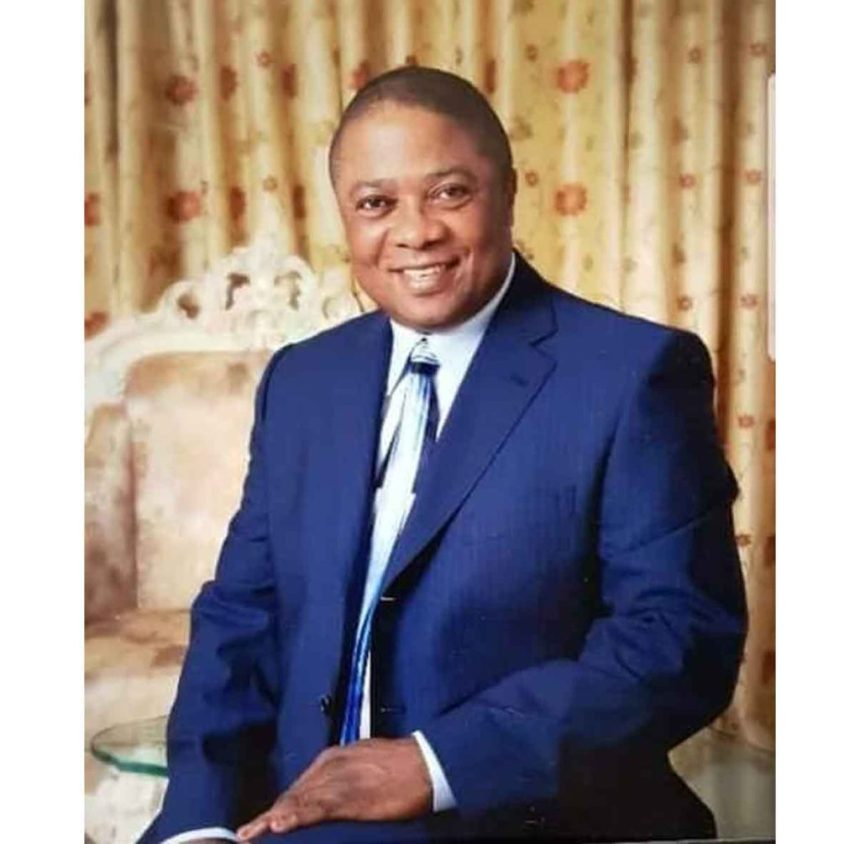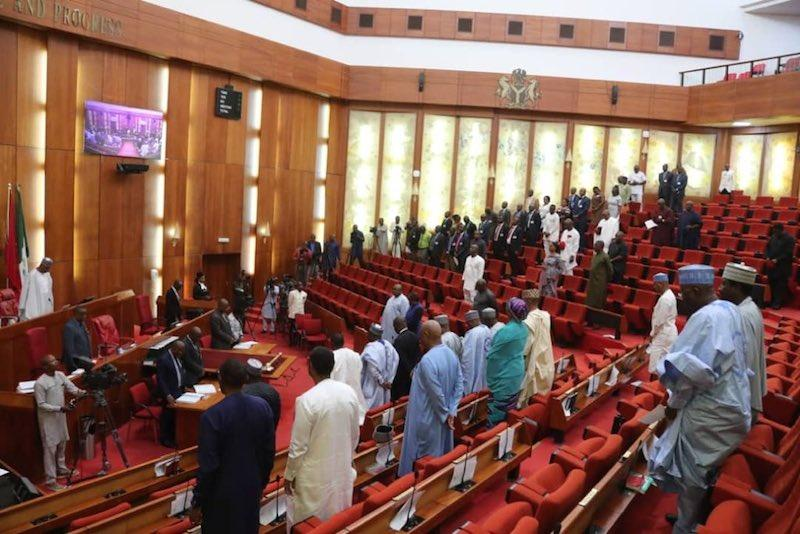Nigeria fraud charges have recently come to the forefront as new developments unfold in a high-profile case involving Zinox Group’s CEO, Leo Stan Ekeh, and several associates. Following years of protection under the former Attorney General, Abubakar Malami, the current AGF, Lateef Fagbemi, has taken decisive action by authorizing human rights attorney Femi Falana to proceed with the prosecution. The charges stem from the alleged misappropriation of over N162 million meant for a laptop supply contract with the Federal Inland Revenue Service (FIRS). As the legal proceedings progress, the implications for corporate governance and accountability in Nigeria’s tech industry are significant. This case not only highlights the challenges of prosecuting fraud but also raises questions about the integrity of legal processes in the country.
The recent allegations against prominent figures in Nigeria’s tech sector, particularly concerning the Zinox Group, have sparked widespread interest. These fraud accusations involve high-profile individuals such as Leo Stan Ekeh and his wife, Chioma, alongside multiple companies, all implicated in a scheme to misappropriate funds intended for a government contract. With the endorsement of the current Attorney General, Lateef Fagbemi, the prosecution led by Femi Falana marks a pivotal shift in addressing corporate malfeasance. This case underscores the critical need for transparency and justice within Nigeria’s legal framework, reflecting broader concerns about accountability in both public and private sectors. As the trial unfolds, it is expected to attract significant attention and scrutiny, highlighting the need for robust legal measures against fraud.
The Role of Abubakar Malami in Shielding Zinox Executives
Abubakar Malami, the former Attorney General of the Federation, played a pivotal role in protecting Zinox Group Chairman Leo Stan Ekeh and his associates from prosecution. His actions have raised eyebrows, particularly as they seem to have obstructed a thorough investigation into allegations of fraud involving the misappropriation of funds meant for a laptop supply contract with the Federal Inland Revenue Service (FIRS). By exercising his discretionary powers under Section 174 of the Nigerian Constitution, Malami effectively granted immunity to the accused, frustrating the efforts of those seeking accountability and justice for the alleged misappropriation of over N162 million.
For years, Malami’s interventions prevented the case from progressing, leading to public outcry regarding the apparent bias in the judicial system. Critics argue that such actions not only undermine public trust in legal institutions but also embolden individuals involved in corruption. The government’s failure to hold these individuals accountable reflects a broader issue of corruption within Nigeria, where political influence often stifles justice, especially in high-profile cases involving powerful business figures like Ekeh.
Frequently Asked Questions
What are the recent Nigeria fraud charges against Zinox Group CEO Leo Stan Ekeh?
The recent fraud charges against Zinox Group CEO Leo Stan Ekeh involve allegations of misappropriating N162,247,513.80 intended for a laptop supply contract at the Federal Inland Revenue Service (FIRS) Headquarters. These charges were authorized by the current Attorney General of the Federation, Lateef Fagbemi, and filed by human rights lawyer Femi Falana.
How did Abubakar Malami AGF influence the prosecution of Leo Stan Ekeh?
Former Attorney General Abubakar Malami shielded Leo Stan Ekeh and others from prosecution for years, obstructing the investigation into the fraud charges. His decisions delayed legal actions until the current AGF, Lateef Fagbemi, authorized the prosecution.
What role did Femi Falana play in the prosecution of Zinox Group executives?
Femi Falana was appointed by the current Attorney General, Lateef Fagbemi, to file the fraud charges against Leo Stan Ekeh, his wife, and eight other individuals. Falana’s involvement is crucial in ensuring a diligent prosecution after years of obstruction.
What are the implications of the Zinox Group fraud charges for corporate governance in Nigeria?
The Zinox Group fraud charges highlight serious concerns about corporate governance in Nigeria, particularly regarding accountability and transparency. They underscore the necessity for regulatory authorities to enforce the law effectively and protect the integrity of public contracts.
How did Lateef Fagbemi’s actions differ from those of his predecessor regarding the Zinox Group fraud case?
Lateef Fagbemi’s actions marked a significant shift from his predecessor, Abubakar Malami. While Malami obstructed the prosecution of Leo Stan Ekeh and others, Fagbemi authorized legal action, allowing Femi Falana to pursue the fraud charges that had been previously stalled.
What was the nature of the fraud involving Zinox Technologies and the FIRS contract?
The fraud involving Zinox Technologies relates to the alleged diversion of funds amounting to N162,247,513.80 from a contract awarded by the FIRS for the supply of laptops. The accused are alleged to have misappropriated the funds under false pretenses, using a fictitious company account.
What are the potential consequences for those charged in the Zinox Group fraud case?
If convicted, those charged in the Zinox Group fraud case could face significant legal penalties, including imprisonment and fines, depending on the severity of the charges and the outcomes of the trial in the Federal High Court.
How did the Zinox Group fraud case come to light?
The Zinox Group fraud case came to light through a complaint by Mr. Joseph Benjamin, who alleged that his company was defrauded of N170.3 million by a syndicate involving senior officials of Zinox Technologies. Legal proceedings were initiated following this complaint, leading to the recent charges.
| Key Points | Details |
|---|---|
| Background of Charges | Charges were authorized by AGF Lateef Fagbemi against Leo Stan Ekeh, his wife Chioma, and others for fraud. |
| Previous Protection | Former AGF Abubakar Malami shielded the accused from prosecution for years. |
| Amount Misappropriated | N162,247,513.80 intended for a laptop supply contract. |
| Court Charges | Charges filed in the Federal High Court in Abuja under case number FCT/HC/CR/985/24. |
| Key Individuals Involved | Includes Leo Stan Ekeh, Chioma Ekeh, and eight others. |
| Companies Involved | Admas Digital Technologies Limited, Technology Distributions Limited, Zinox Technologies Ltd. |
| Allegations | Defendants misappropriated funds under the guise of payments to Citadel Oracle Concept Limited. |
Summary
Nigeria fraud charges have come to the forefront as the current Attorney General of the Federation, Lateef Fagbemi, has taken decisive action against high-profile individuals including Leo Stan Ekeh and his wife, Chioma. After years of obstruction by former AGF Abubakar Malami, the prosecution of these fraud charges marks a significant step towards accountability in Nigeria’s justice system. The allegations involve the misappropriation of over N162 million intended for a government laptop supply contract, highlighting serious concerns regarding corruption and the misuse of public funds. This case not only seeks justice for the alleged victims but also aims to restore public trust in government institutions.



